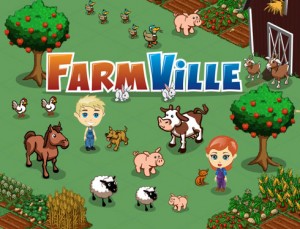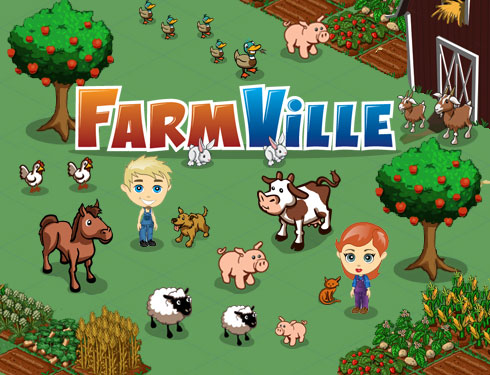Date Posted: April 11, 2011
Print Edition: April 8, 2011
By Joel Smart (Sports Editor) – Email
 It can be one of the most motivating factors, and one of the most paralyzing addictions, but loss aversion is an unavoidable, emotional component of being human. It’s the force that compelled you to sit through the rest of a horrible movie, so you wouldn’t have wasted the money, but it’s also the reason you wrote your final paper at the end of the semester. It could even be the reason you’re still in a bad relationship. The fear of loss can drive us to do things that the promise of a comparable gain simply can’t match.
It can be one of the most motivating factors, and one of the most paralyzing addictions, but loss aversion is an unavoidable, emotional component of being human. It’s the force that compelled you to sit through the rest of a horrible movie, so you wouldn’t have wasted the money, but it’s also the reason you wrote your final paper at the end of the semester. It could even be the reason you’re still in a bad relationship. The fear of loss can drive us to do things that the promise of a comparable gain simply can’t match.
People play games like FarmVille, Evony, and the hundreds of similar titles not because it is enjoyable but because they’re afraid to quit – to lose all of the hard work they’ve put into it already. That is what David McRaney wrote about in his latest entry on his blog You Are Not So Smart. The blog, around since October 2009, is devoted to exploring the depths of self-delusion and other irrational thoughts. FarmVille seems to fit the blog’s theme perfectly. “They can never get back the time or the money they’ve spent,” he writes, “but they keep playing to avoid feeling the pain of loss and the ugly sensation waste creates.”
The Sunk Cost Fallacy, McRaney explains, is well illustrated in a study done in 1985 by Hal Arkes and Catherine Blumer that looks at people’s investments in conflicting vacation plans. The duo asked participants to imagine they’d paid $100 for a ski trip and subsequently a $50 dollar trip that promised to be even better. Only after the purchase did they realize the trips were at the same time, and non-refundable. The Sunk Cost Fallacy, which saw the $100 investment as a bigger potential loss, led over half of the participants to claim they’d rather give up the $50 trip. Another study, done by psychologists Daniel Kahneman and Amos Tversky, shows people feel a greater loss discovering they’ve lost a movie ticket before getting in, than if they lost the same amount of money before purchasing a ticket. According to McRaney, it is this sense of greater value and purpose assigned that can create such an addiction to a game like FarmVille. Some people have even lost their jobs due to their investment in the Facebook game.
FarmVille seems innocent enough when you start, with mildly enticing promises of a more impressive farm. The game doesn’t stop when you do, though. It’s the full-fledged evolution of the addictive themes that allowed the Tamagochi virtual pet to dominate the attention of school children in the late 1990’s. Ignore the Tamagochi too long and it will die. With FarmVille, you’ll need to come back within a certain window of time or risk seeing all your accomplishments wither away. It’s the way the game forces you to manage your time that has completely overtaken the lives of some players. “People set alarms to wake up in the middle of the night to keep their farm alive,” McRaney explained. “You continue to play FarmVille not to have fun, but to avoid negative emotions. It isn’t the crop you are harvesting, but your fallacies.”
Although the damage FarmVille has done to the lives of many is unavoidable, it does provide an excellent example of the way the Sunk Cost Fallacy operates. By playing a game like FarmVille, one gains an easier understanding of the emotional weakness the fear of loss can create within us. Perhaps the ultimate rejection of FarmVille, then, can give some players the push needed to stop pushing for that degree they no longer want, or to end a harmful relationship even though the idea of leaving that huge investment behind seems unthinkably scary. There is life after FarmVille.


